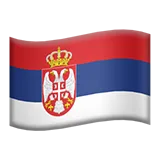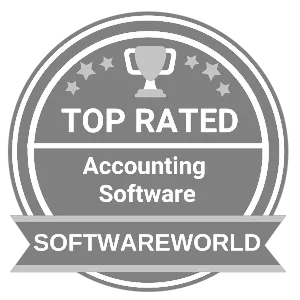AI-based tools are on everybody's minds these days. We’re constantly looking for ways to enrich and optimize our work with the use of ChatGPT, Midjourney and Stable Diffusion. Honestly speaking, the results of this collaborative process are awesome. For instance, Midjourney helped our designer create fascinating visuals for one of our articles (click the button).
However, there is more concern on how AI interferes in the sphere of copyright and data confidentiality. Do we need to update the existing legal guidelines to respond to the changing work conditions?
Recently Alexey Kulakov, JetStyle’s CEO, commented on this hot topic in a conversation with a journalist writing for tech media.
As a digital production company, we use various AI-based tools for artistic purposes. If we delve into the Terms of Service agreements from tools such as Midjourney, Stable Diffusion and DALL-E, we’ll see that these services allow commercial use of the created content. Midjourney requires a paid membership to enable this function, whereas DALL-E openly declares that the image is generated by AI.
Regarding the copyright, it is critical that both agencies and clients are aware that the copyright belongs to the neural network. Midjourney states that they have a “perpetual, worldwide, non-exclusive, sublicensable no-charge, royalty-free, irrevocable copyright license to reproduce, prepare Derivative Works of, publicly display, publicly perform, sublicense, and distribute whatever you input or produce via the service". If clients desire an added layer of privacy, there is an option to utilize the Private mode for an additional fee.
Stable Diffusion, on the other hand, offers no rights to protect the client's images, making all of them public. However, users are not limited to using their creations any way they want.
In the end, it sounds reasonable to follow the rules and regulations set forth by the governing law within your jurisdiction. Just like how someone cannot simply take a picture of something they do not have any rights to, and create something based on it using neural networks - this would still be considered a violation of copyright law.
This issue has been increasingly brought to attention in recent years, and there will inevitably be a battle between AI companies and content creators. For example, Getty Images sued Stability AI, the creators of Stable Diffusion, for unlawfully scraping millions of images from their website. The outcome of this litigation is still unknown but is indicative of the pressing need to address the issues of intellectual property protection and copyright.
At present, we recommend adhering to existing regulations relevant to your country as there is no point in trying to bypass the law through neural networks. Instead, we all could continue exploring the endless possibilities of these tools to create meaningful art. However, it is essential to understand that these legal borders are becoming increasingly blurred as the era of fakes continues to challenge the intellectual property laws.
Let us know what you think about whether we need more regulations to control input of sensitive data into AI generative services, we'd love to hear your opinion.







